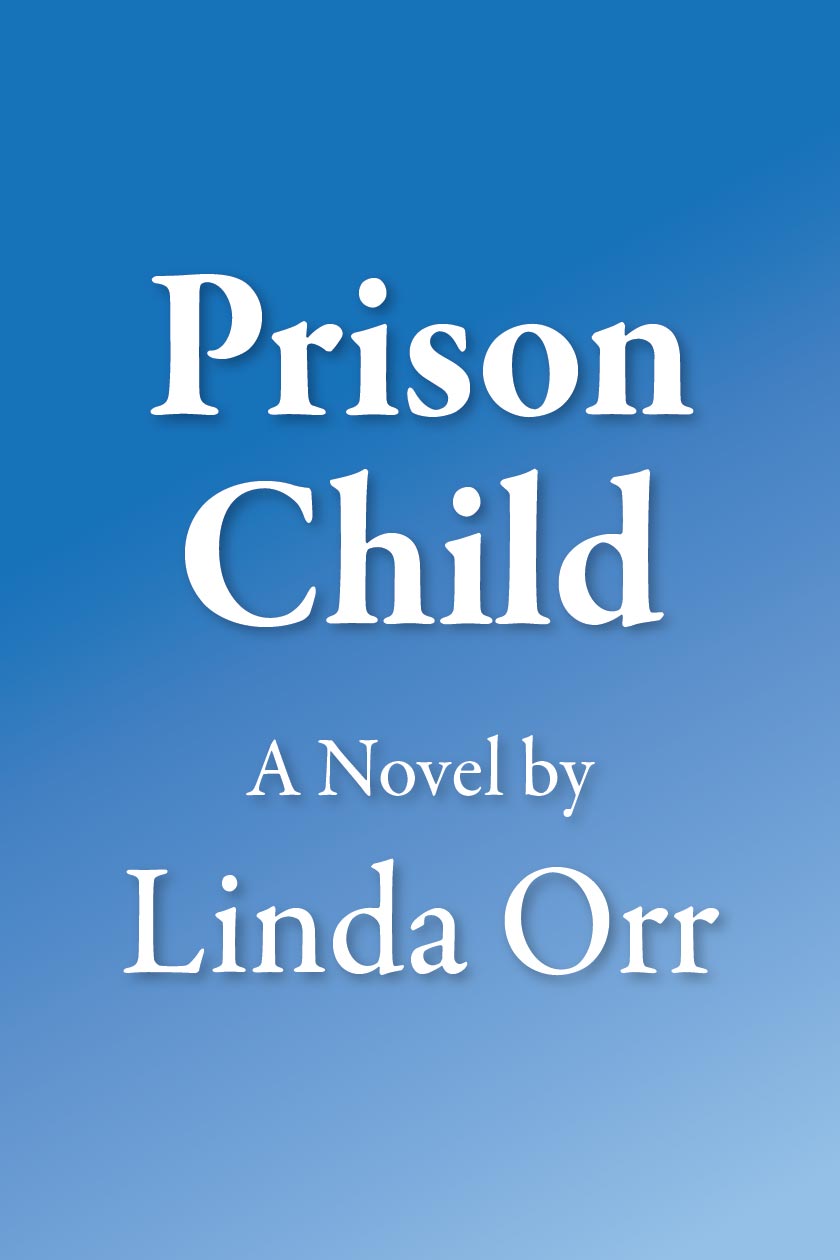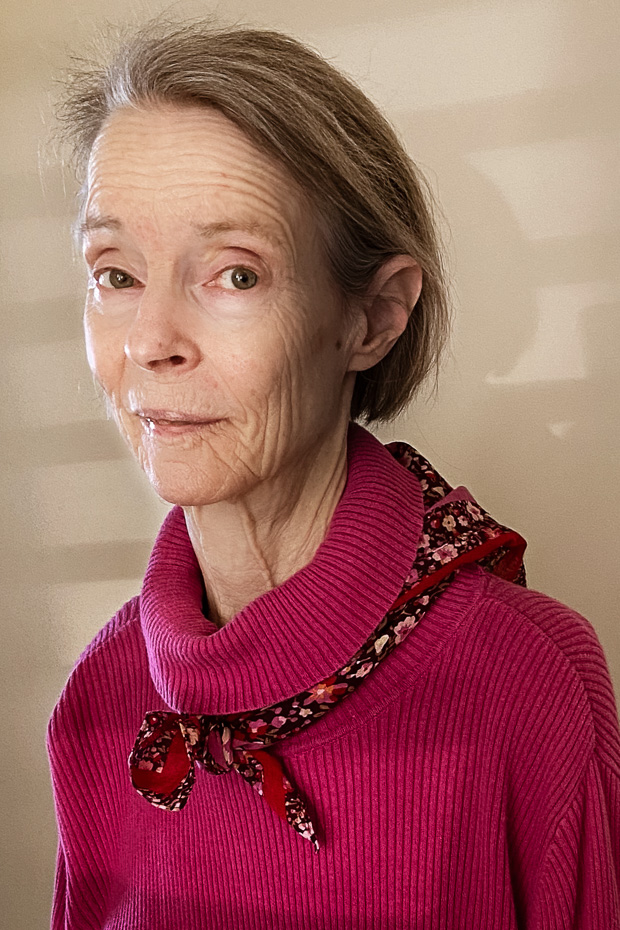

Sign up for publication updates
You will receive a minimum of emails, and your information will never be shared or sold.
Jean Zay is wrongfully imprisoned. His family manages to visit him daily in his cell, but their closeness is a trap, leading to a terrible choice between family and freedom.
France, 1941. Jean Zay, brilliant, brash, anti-Hitler, rose like a meteor as the youngest minister of prewar France. At the beginning of WWII, he was branded as a traitor by a kangaroo court. Madeleine, Zay’s wife, is permitted to bring their two girls, especially unruly baby Annie, to spend every day until evening in their father’s cell. Madeleine takes charge of family survival inside and outside the prison: sneaking essentials by the guards, providing for their daughters, and aware of extreme right-wing and Resistance activity. Three years go by. The girls grow up in prison—until the visits with their father abruptly stop.
An American on vacation in France, Charlotte meets Anne as an adult and is captivated by her quiet sense of confidence. Charlotte, who narrates Prison Child, is invited by Anne and her husband to their home. Returning often, Charlotte fits into the family and grows fond of their two boys. When she hears about Anne’s father, Charlotte pushes Anne to talk about her infancy in prison. Anne remains reticent, silent. Consumed by the Zay family story, our narrator drives her close friendship with Anne to the breaking point.
About Linda Orr
Linda Orr received Fulbright and Guggenheim Fellowships for French studies. She is the author of three books on histories of the French Revolution. After attending the Iowa Writers Workshop in poetry, she published a book of poems. She has co-translated many poems, from French to English and English to French, including Elizabeth Bishop’s book-length Geography III.

Praise for Prison Child
Winner of the Brown University
George A. and Eliza Gardner Howard Foundation Fellowship
“Psychologically rich, exquisitely well-written, Prison Child follows the difficult path of an American woman, hungry to belong, as she adopts a French family and then endangers her place in that family by obsessively digging into their past. Historically accurate, this astonishing novel probes the silence of the younger daughter, who spent formative early years in her father’s prison cell. It brings the reader into deep intimacy with lives shaped by an unbearable situation. The fate of this extraordinary French family will affect the course of a nation. An excellent choice for fans of books as varied as Rachel Kushner’s Creation Lake, historical novels of Geraldine Brooks, The Hare with Amber Eyes by Edmund de Waal, and Kristin Hannah’s The Nightingale.”
— Peggy Payne
Author of four novels, including Sister India, a New York Times Notable Book of the Year, and Revelation, a New York Times Editors’ Choice
“In Prison Child, Linda Orr has created a haunting, beautiful novel about history and family and the obsessions they conjure. A daughter of the American South, fleeing her own past, becomes infatuated with the family of a persecuted French leader, especially with his younger daughter. The narrator attempts to capture her love in the present by writing about the past she admires. At times, I found myself drawn to the first-person private story, then I’d long to get back to the third-person war narrative. And both strands end up so wrenching in the end, for their different reasons. Orr’s breath-taking and heart-rending story reveals the difficulty of composing true history amid the pressures and ambiguities of political identity. Like so much of life, plans are made desperate when cut short by reality.”
— Charles Lamar Phillips
Author of the novel Estranged, winner of the NYC Big Book Award as a Political Thriller, and of the collection Dead South whose story “Show of Hands” received the Chaffin Award for Fiction
“In Linda Orr’s novel, we don’t just have the memories of loss or the recapturing of the moment of loss but the brilliant re-creation of how hard it is for anyone to comprehend, much less represent, this loss. The narrator shows day by day how she cannot penetrate to the inner sanctum of her chief source, Anne, the younger daughter of Jean Zay. How could an adult woman recapture her sense of being a two-year-old child? – How can one expect Madeleine Zay (too old, not able or willing to remember?) to say anything meaningful historically or personally about the events recounted here? But through this subtle and convincing strategy, the reader has a searing sense of the pain of loss and grief.
“Part novel, part history, part memoir, Prison Child is moving, thought-provoking, and surprising at every turn. I found it hard to put down. I read it as a novel and as a reader trained in French history. The scholarship here is superior, and all the more so because it is so effortlessly integrated into the narrative. I cannot remember EVER being this impressed by such a work, except perhaps by my first viewing of Tomás Gutiérrez Alea’s Memories of Underdevelopment.”
— Lynn Hunt
Distinguished Research Professor at UCLA, author of over twenty books, including Inventing Human Rights: A History; and The French Revolution and Napoleon: Crucible of the Modern World, co-authored with Jack R. Censer, in its second and updated edition